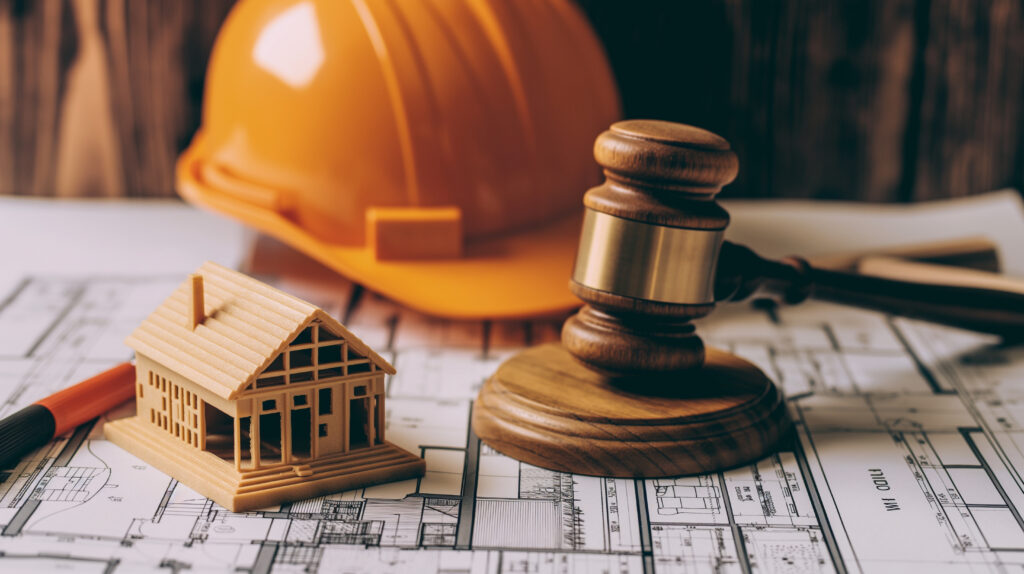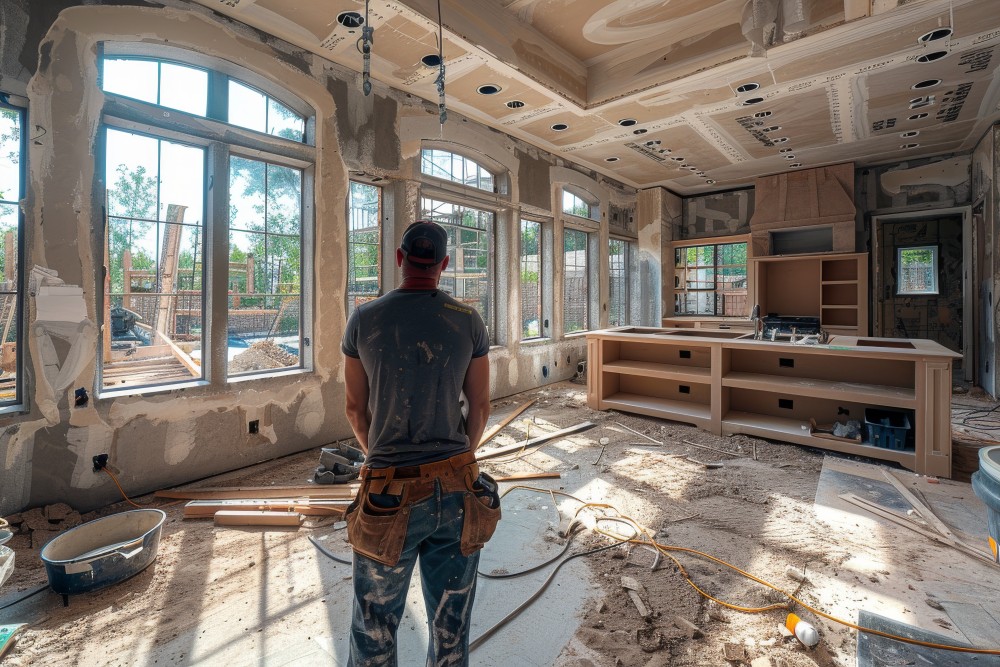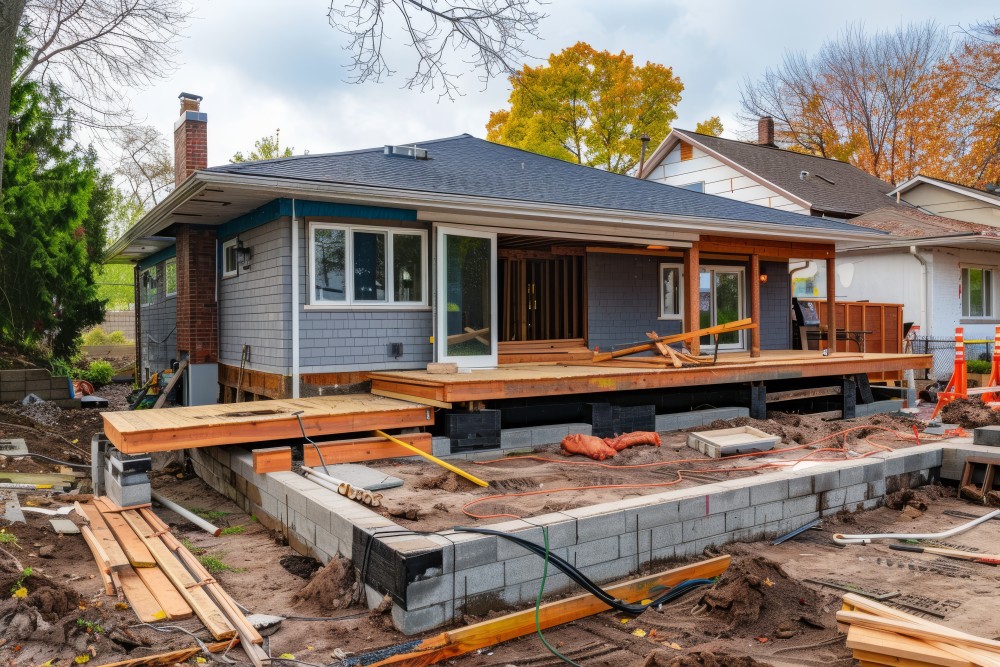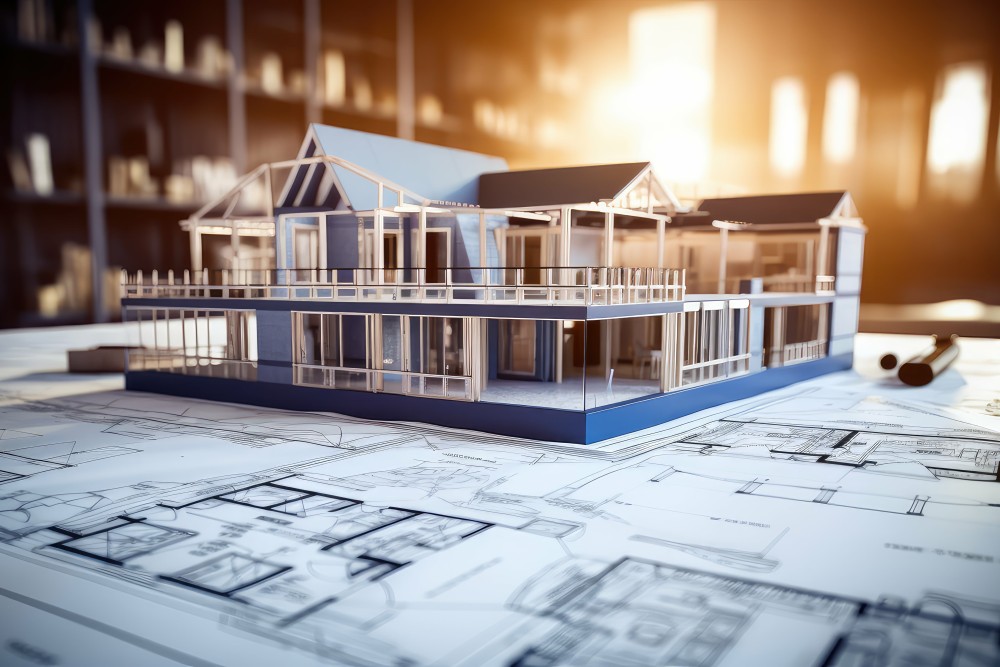1. Understand Common Causes of Delays
Supply Chain Issues
- Material Shortages: Delays in the delivery of materials due to supply chain disruptions can halt progress.
- Backorders: Specific products may be on backorder, causing delays in their arrival and installation.
Weather Conditions
- Adverse Weather: Inclement weather, such as heavy rain, snow, or extreme heat, can prevent outdoor work from proceeding.
- Seasonal Constraints: Certain projects may be season-dependent, and unexpected weather changes can impact timelines.
Contractor Scheduling
- Overlapping Projects: Contractors juggling multiple projects may face scheduling conflicts that delay your project.
- Labor Shortages: A shortage of skilled labor can result in slower progress or delays in starting your project.
Unexpected Issues
- Structural Problems: Discovering hidden structural issues, such as mold, asbestos, or foundation problems, can necessitate additional work and cause delays.
- Permit Delays: Delays in obtaining necessary permits or inspections can halt work until approval is granted.
2. Plan Ahead to Minimize Delays
Thorough Planning
- Detailed Scope of Work: Develop a detailed scope of work with your contractor to ensure all aspects of the project are planned and accounted for.
- Realistic Timeline: Create a realistic timeline that considers potential delays and includes buffer time for unexpected issues.
Early Material Ordering
- Advance Orders: Order materials well in advance to avoid delays caused by supply chain issues or backorders.
- Alternative Options: Have alternative materials or products in mind in case your first choice is unavailable.
Weather Considerations
- Seasonal Planning: Schedule outdoor projects during seasons with favorable weather conditions.
- Weather Monitoring: Keep an eye on weather forecasts and be prepared to adjust the schedule if necessary.
Join HICP Homeowner’s Alliance
Connect with experts, get special discounts and enjoy member benefits
3. Communicate Effectively with Your Contractor
Regular Updates
- Scheduled Meetings: Hold regular meetings with your contractor to discuss progress, address concerns, and adjust plans as needed.
- Open Communication: Maintain open lines of communication to quickly address any issues that arise and keep the project moving forward.
Clear Expectations
- Written Agreements: Ensure all agreements, including timelines, are documented in writing to avoid misunderstandings.
- Contingency Plans: Discuss contingency plans with your contractor for potential delays and how they will be handled.
4. Manage Delays When They Occur
Stay Calm and Flexible
- Adaptability: Be prepared to adapt to changing circumstances and adjust your plans as needed.
- Patience: Understand that delays are sometimes unavoidable and try to remain patient.
Prioritize Critical Tasks
- Task Reorganization: Work with your contractor to reorganize tasks and prioritize critical work that can be completed while waiting for delayed materials or approvals.
- Alternative Solutions: Explore alternative solutions to keep the project progressing, such as using temporary fixes or substituting materials.
Document Delays
- Written Records: Keep detailed records of all delays, including the cause, duration, and impact on the project timeline.
- Communication Logs: Document all communications with your contractor regarding delays to ensure clarity and accountability.
5. Address Financial Implications
Budget Adjustments
- Contingency Fund: Maintain a contingency fund to cover additional costs incurred due to delays.
- Revised Budget: Work with your contractor to revise the budget as needed to account for delay-related expenses.
Payment Schedule
- Milestone Payments: Tie payments to project milestones rather than dates to ensure payments are made based on progress.
- Delay Penalties: Include clauses in your contract that address penalties for significant delays caused by the contractor’s actions or negligence.
6. Seek Professional Advice
Legal Assistance
- Contract Review: Consult a lawyer to review your contract and ensure it includes provisions for handling delays and resolving disputes.
- Dispute Resolution: If delays lead to disputes, seek legal advice on the best course of action to protect your interests.
Project Management
- Hiring a Manager: Consider hiring a project manager to oversee the project, coordinate schedules, and handle any issues that arise.
- Professional Guidance: Seek guidance from experienced professionals who can offer solutions and strategies for managing delays.
7. Learn from the Experience
Post-Project Evaluation
- Review Process: After the project is completed, review the entire process to identify what went well and what could have been handled better.
- Lessons Learned: Use the lessons learned to improve planning and management for future projects.
Feedback to Contractors
- Constructive Feedback: Provide constructive feedback to your contractor to help them improve their processes and avoid similar delays in future projects.
- Positive Relationships: Maintain a positive relationship with your contractor to ensure smooth collaboration on future projects.
Conclusion
Delays in home improvement projects are often inevitable, but they can be managed effectively with proper planning, clear communication, and flexibility. By understanding common causes of delays, planning ahead, maintaining open communication with your contractor, and addressing delays promptly, you can minimize their impact on your project. Remember to document all aspects of the project, adjust your budget and schedule as needed, and seek professional advice when necessary. With the right approach, you can navigate delays and ensure your home improvement project is completed successfully.



















